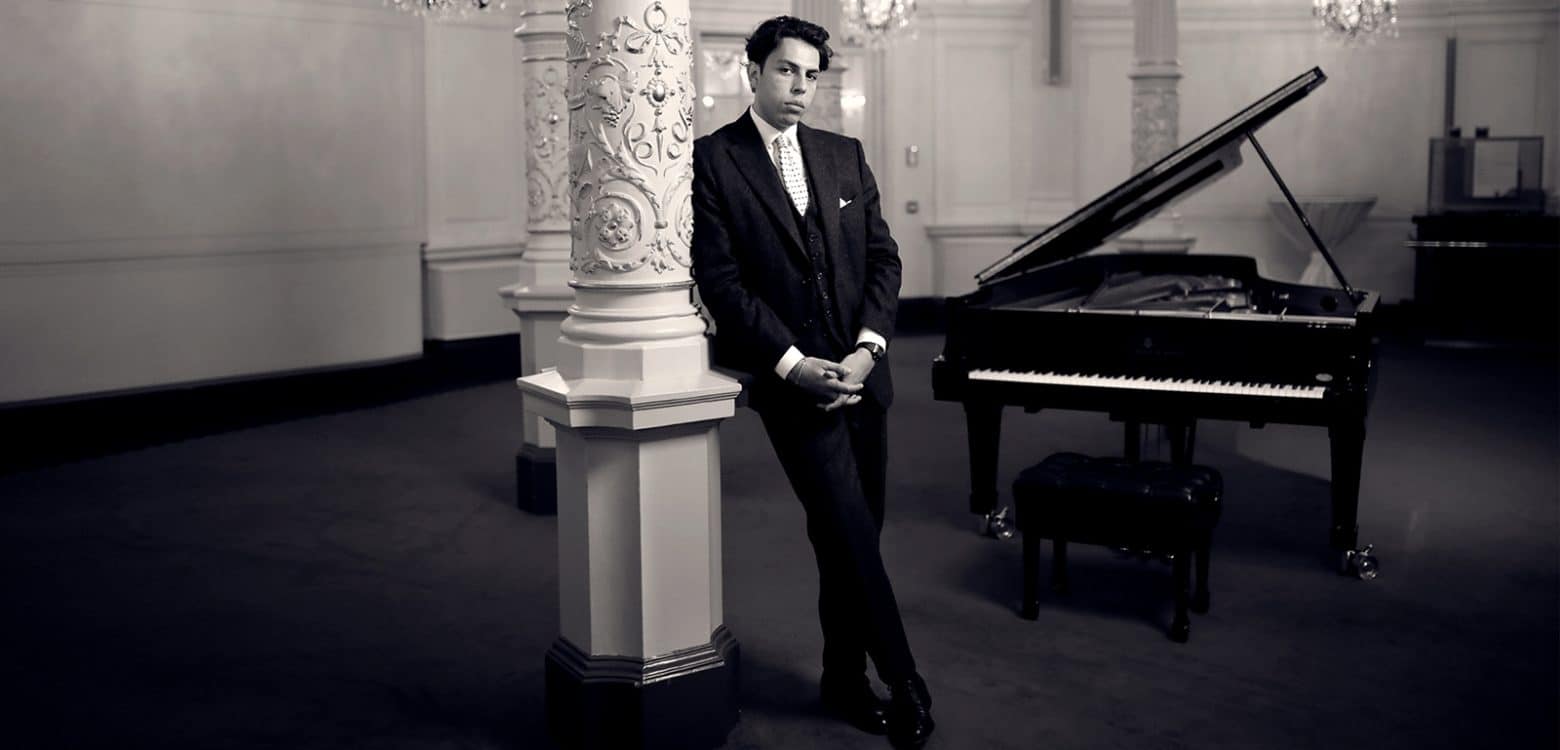On basic pay of $153k, NY Phil players ‘can’t make ends meet’
OrchestrasThe musicians have begun picketing concertgoers at David Geffen Hall over their stalled wage negotiations.
Earning $50k less than colleagues in Boston, Chicago and Los Angeles, they tell the New York Times today, ‘threatens our ability to attract and retain the world’s finest musicians.’
‘Our members are having trouble just making ends meet,’ said Sara Cutler (pictured), president and executive director of Local 802.
On basic US$153,000 a year for a 20-hour week?
I wonder what the NY Times journalist is making for a 50-hour week.






Comments